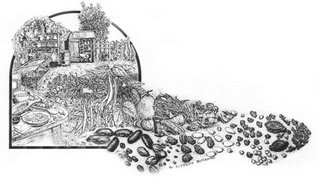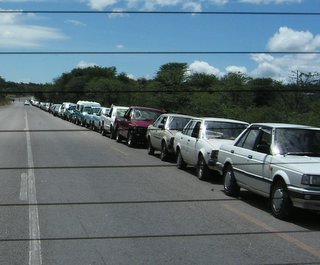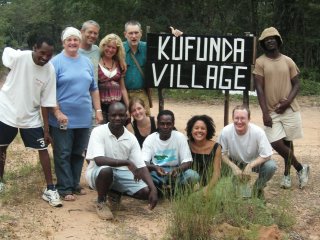When food is being poisoned with additives known to be harmful, and the food authorities stand by and allow it, one has to ask the question: "How is this possible?" We'll come back to that question, but first let's set the scene for this film.
A major figure in US politics also holds an influential role in a company producing an artificial sweetener. Studies are undertaken but the results are hidden through overlooking some of the data and focusing only on the data that allows the FDA to approve the product going to market. Add to this the rising cost of sugar, and the ability to use a cheap (albeit dangerous) substitute and, before you know it, the coded numbers and variations on trademarked names start appearing in unlikely places on the labels of commonly purchased food and drinks, poisoning their unsuspecting consumers.
While this reads like a cheap suspense novel, it is all sadly true. "Sweet Misery" takes us into the world of both independent and official researchers of the product called Aspartame. It also speaks with sufferers who have discovered the reason for their ailments -- some of them severe.
My mother always told me, "moderation in everything," and while I went on to learn that this philosophy could also embrace excess, I wonder at the addictive nature and intelligence of our species, and our ability to consume large quantities of a single product, and then wonder why we don't feel well. Just as in healthy ecosystems, when diversity appears in our lives and society in general, we tend to see healthier and happier people. Yet we are living in a time when we losing much of our diversity and the resilience that accompanies it.
Humans are currently causing the greatest mass extinction of species since the extinction of the dinosaurs 65 million years ago. If present trends continue, one half of all species of life on earth will be extinct in less than 100 years as a result of habitat destruction, pollution, invasive species, and climate change. But the lack of diversity doesn't end there. . . it is evident in virtually every aspect of our society, and can be seen dramatically in the areas of corporate domination and a two or three-party political system which assumes economic growth and capitalism as its foundation premise.
The very nature of a corporate entity demands that it attempts to survive and thrive by swallowing up its competitors. Thus we get bigger and bigger corporations, to the point that the top 200 multi-national corporations now have a combined turnover greater than a quarter of the world's economic activity, and greater than the annual combined GNP of 180 countries.
Which leads me back to the question: "How is it possible that we have allowed our food to become a threat to our well-being?" With power and money concentrated in the hands of corporations, and a system that has elevated money almost to the status of a religion, it is not hard to buy the research results you want, and position yourself to profit enormously from a chemical replacement for sugar -- especially if you have the political influence of Donald Rumsfeld. . . but I am letting you into too much of the film now.
Come along on Tuesday night (at the new time of 7:30pm). Watch "Sweet Misery," and be informed.




